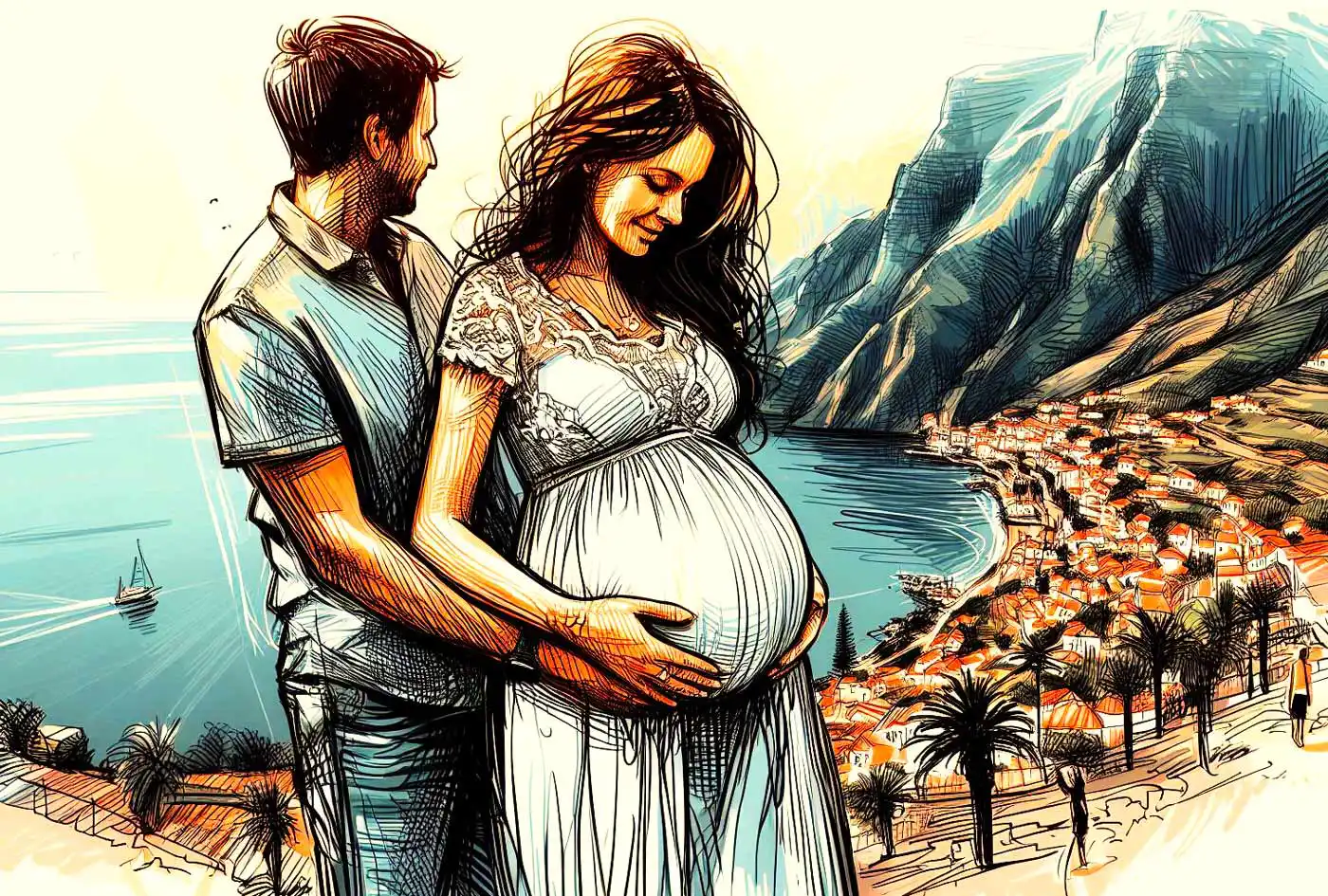Madeira's Fertility Rate: A Concerning Trend
Madeira currently holds one of the lowest fertility rates in Portugal, with an average of just 1.22 children per woman as of 2023. This figure is significantly lower than the replacement level of 2.1 children needed to maintain a stable population. In comparison, the Lisbon Area has the highest fertility rate in the country at 1.7 children per woman, followed by Algarve at 1.6.
Economic Factors Contributing to Low Fertility
Economic considerations play a crucial role in Madeira's low fertility rate. The cost of raising children, coupled with economic uncertainties, low wages, and few career opportunities (tourism sector) discourage couples from having larger families. This financial pressure is particularly significant in Madeira, a region primarily driven by a growing yet highly volatile tourism industry, offering limited job security and marked by significant economic uncertainty, see COVID pandemic as an example.
Between 2022 and 2023, the average age of mothers at the birth of a child (regardless of birth order) increased slightly from 32.2 to 32.3 years.
Delayed Motherhood and Changing Social Norms
Women in Madeira are having children later in life, with the average age of mothers at childbirth being more than 32 years. This trend of delayed motherhood often results in fewer children overall. Additionally, changing societal expectations and an increased focus on career development, especially for women, have contributed to smaller family sizes in Madeira.
The situation became even more critical in 2014 when the fertility rate dropped to less than one child per woman.
Historical Context and Demographic Shifts
Madeira's fertility rate has been below the replacement level since 1985, indicating a long-term demographic challenge. The situation became even more critical in 2014 when the fertility rate dropped to less than one child per woman. This prolonged period of low fertility has led to an aging population, with 20.9% of Madeira's residents aged 65 and over in 2023, compared to only 12.2% aged 15 and under.
Comparison with Other Portuguese Regions
While all Portuguese regions face low fertility rates, Madeira's situation is particularly acute. The fertility rates across Portugal range from 1.2 to 1.7 children per woman, with Madeira consistently at the lower end of this spectrum. This disparity highlights the unique challenges Madeira faces compared to mainland Portugal and even other island regions like the Azores, where the fertility rate is slightly higher.
Potential Solutions and Future Outlook
The birth rate has not always been so low, roughly 20 years back, in 2001, it was still at 1.51 or higher. To address its low fertility rate, Madeira may need to implement targeted policies. These could include economic incentives for families, improved work-life balance policies, and enhanced support for childcare. The region has seen some population growth due to positive net migration, with a net increase of 3,592 in 2023. Leveraging this trend while addressing the underlying causes of low fertility could be key to Madeira's demographic future.






Comments